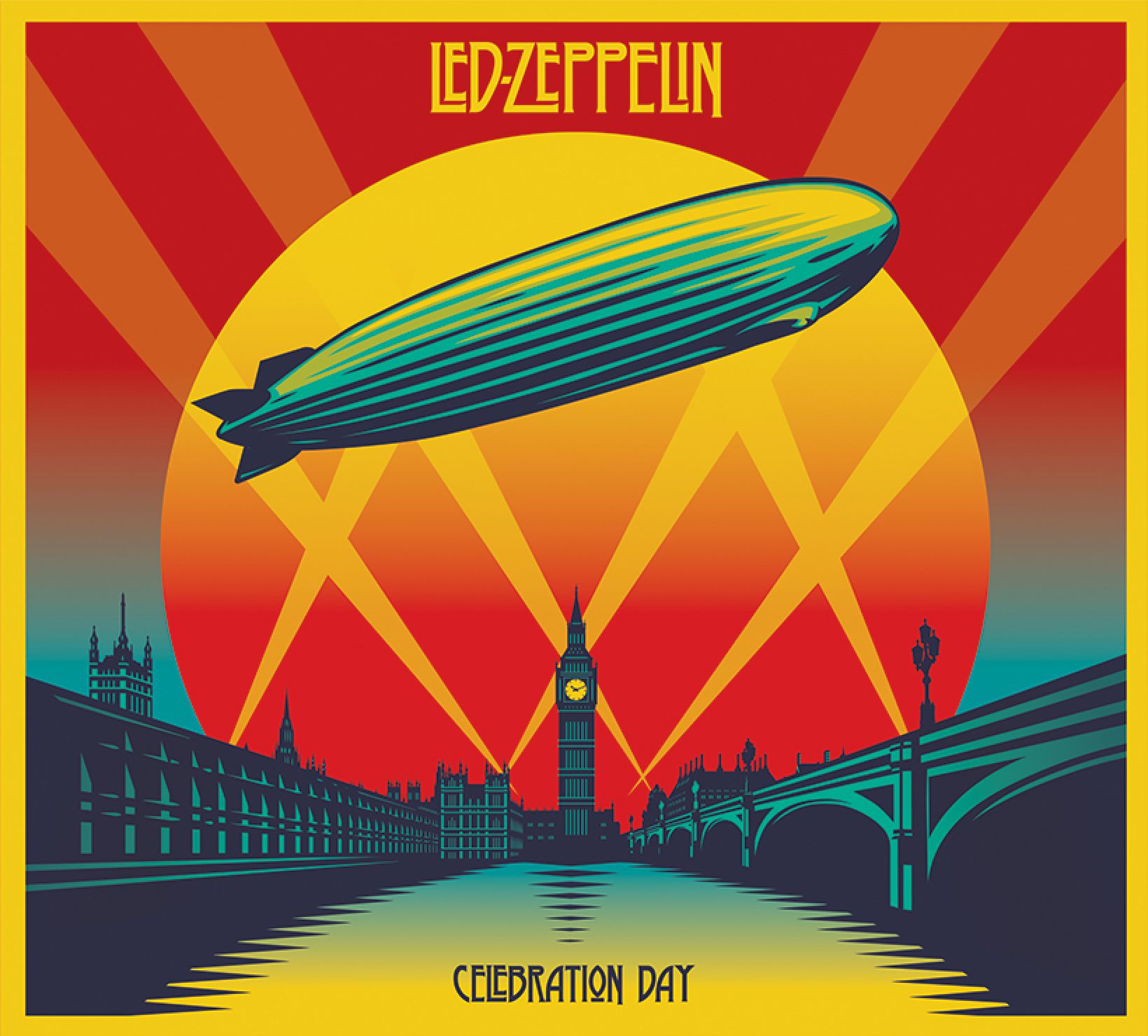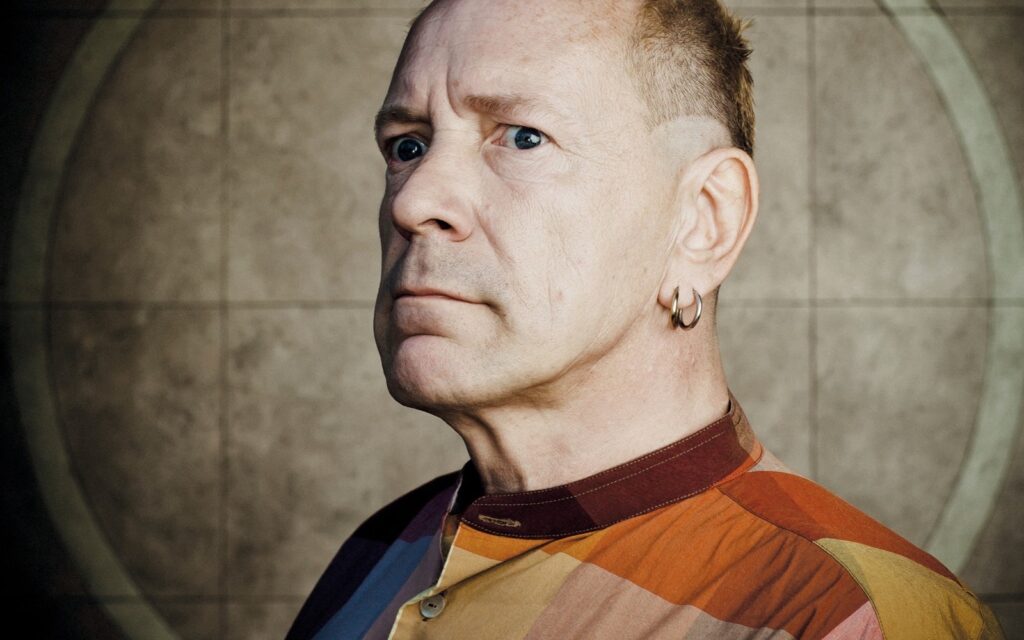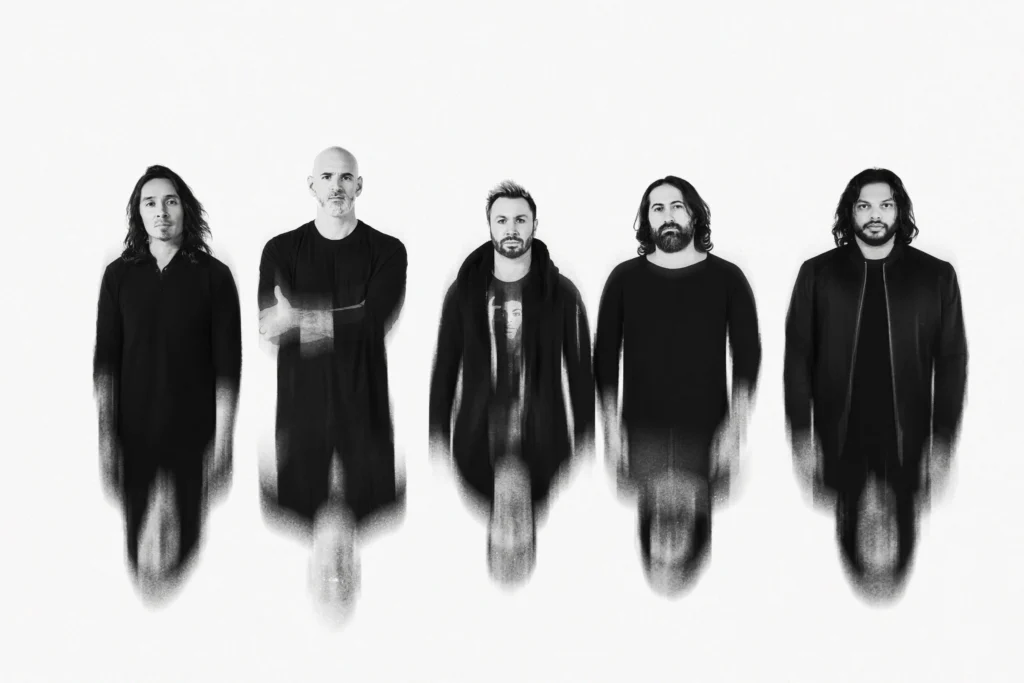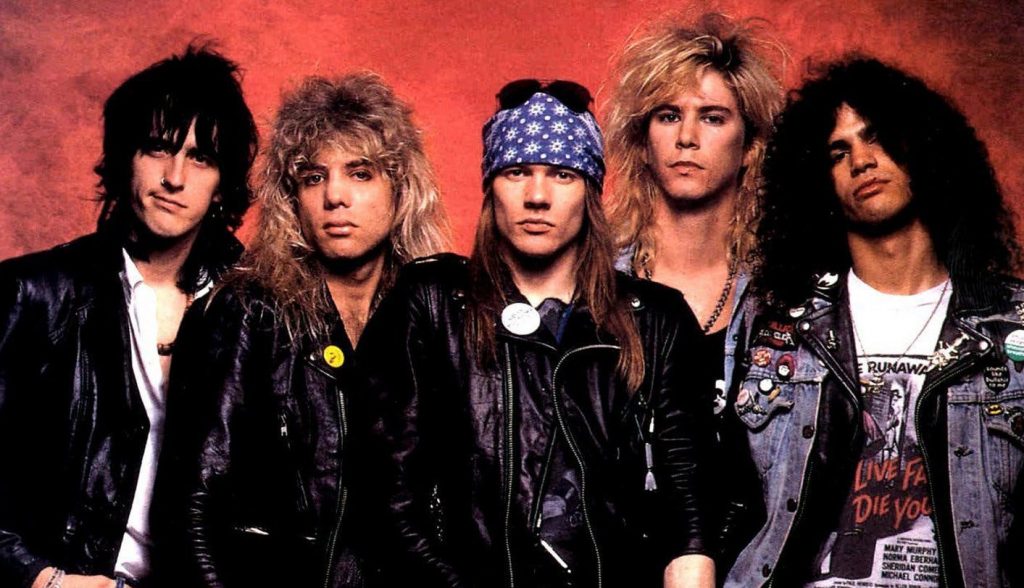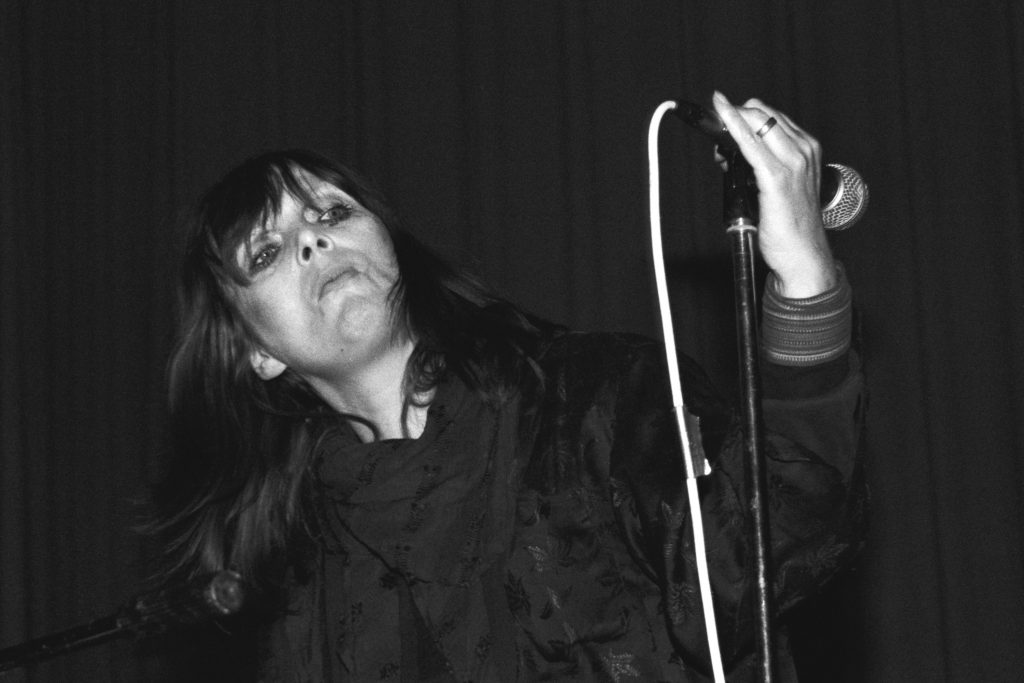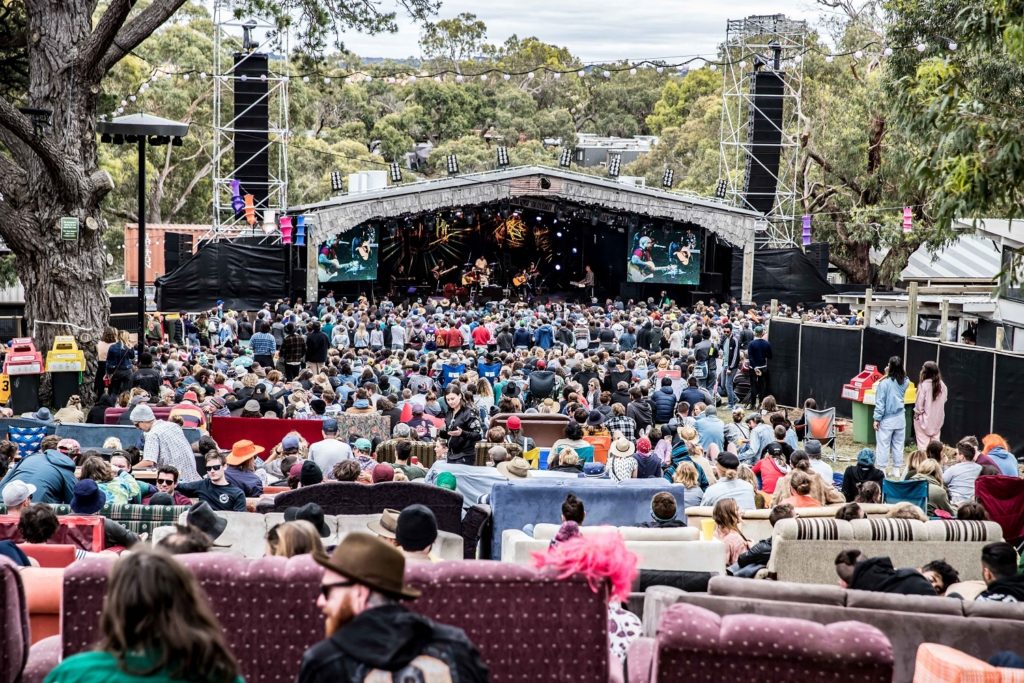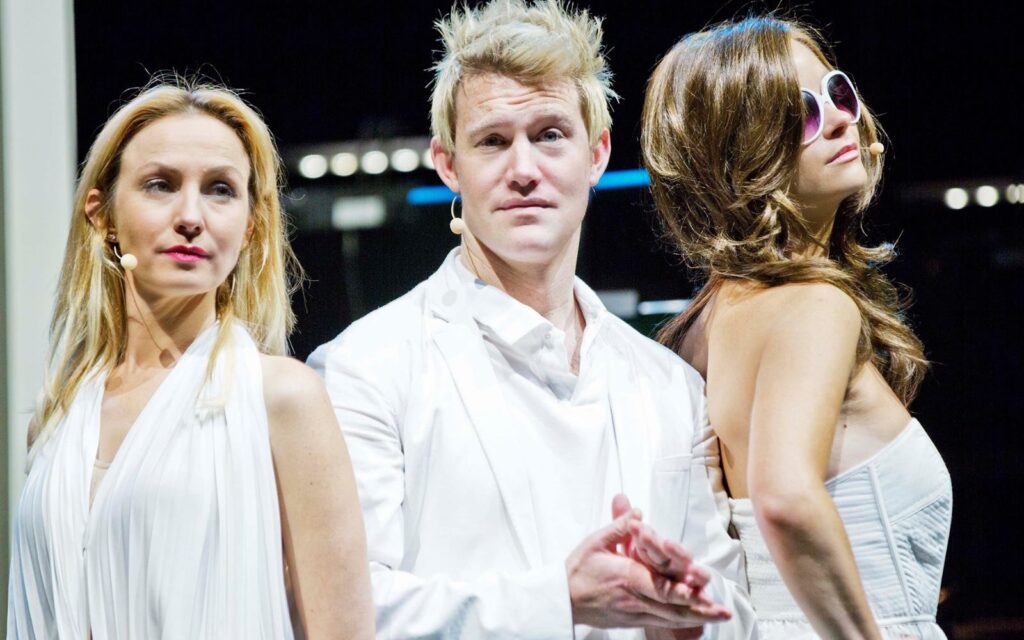“We were in Belgium in a school gym and we had about eight hours to kill before we played,” guitarist Joe Shrewsbury says as he explains the first time the two bands met. “Me and our sound engineer had found an old basketball and were trying to do some stage jumps to get some air into the hoop. I landed on the ground and rolled over and looked up and those guys were standing there looking very perplexed. They played before we played and I think it’s a real thing with musicians to, in the UK anyway, not to speak to each other until you’ve got the measure of each other. So we didn’t really talk to them until after we all played and then everything was a lot more relaxed.”
Is the choice to size each other up before having a chat motivated by a strong focus on the task at hand, waiting to see if the other band have serious musical chops or waiting to see if they’re a bunch of wankers?
“It’s a bunch of things really. I don’t think it’s unhealthy, it’s healthy competition. I think a lot of music magazines try to suggest that music is this kind of great…” he trails off for a moment. “Let me put this another way, we never came from a scene where there were a whole heap of acts supporting each other and even though we’re all hitting 30 or over 30 now, we’ve still got that gang mentality. We’re quite insular as a group when we’re on tour and I think that’s really the same for most bands.”
The style of music that 65dos play has also been an isolating factor with Shrewsbury admitting that the band often felt like they had something to prove. “Most of 65’s touring history up until recently was exactly that,” he says. “We played as hard as we could to force your music down people’s throats and that’s ingrained. We still play very hard in a way, and it’s about convincing people of what you’re doing.”
With 65dos’ albums filtering onto the Australian music landscape over the past six months, and this their first tour, it is as though the band are needing to tell a 12-year story in one brief stint. “Absolutely,” he agrees. “Ultimately we’ll come out and play a show based on the one we’ve been doing for the last couple of years and the last record. The 65 live show has evolved and there’s no way we can play like we did when we were 20 or whatever. But we are trying to represent a little bit of each record and there is the worry that people don’t have the back catalogue here; there’s a hell of a lot of music to get through. Also, the way it’s been released in Australia is strange. Over here, everyone has this chronological order of the journey of the band but taken out of that context; the records say some things really differently. They don’t have that reference to each other but I don’t think that’s necessarily bad but it’s just strange.”
Dancing between festivals and headlining gigs during their time here, Shrewsbury finishes up by discussing the pros and cons of festivals and headline tours as well as the oft-dreaded support slot. “Festivals create the opportunity for something magical to happen with a whole bunch of people that can turn into one big party,” he says. “Headline tours create the opportunity to create a whole atmosphere and you own the whole evening. We always invite bands that we want to play with us on tour and at times we’ve invited political activists down to have a stall at the show – the Stop The War Coalition and stuff like that – so it creates a whole mood. Support tours are often the most indifferent crowds – The Cure tour certainly had some moments. It’s good for you as a musician though to not become too arrogant. There was a time when we were younger and you have a whole bunch of people telling you you’re this or that when actually it’s much healthier to realise you’re just a musician who needs to work hard. In a sense if you can treat Madison Square Garden and some 50-person club in the back roads of America as the same thing, then you’re a lot better equipped to get through.”
BY KRISSI WEISS

